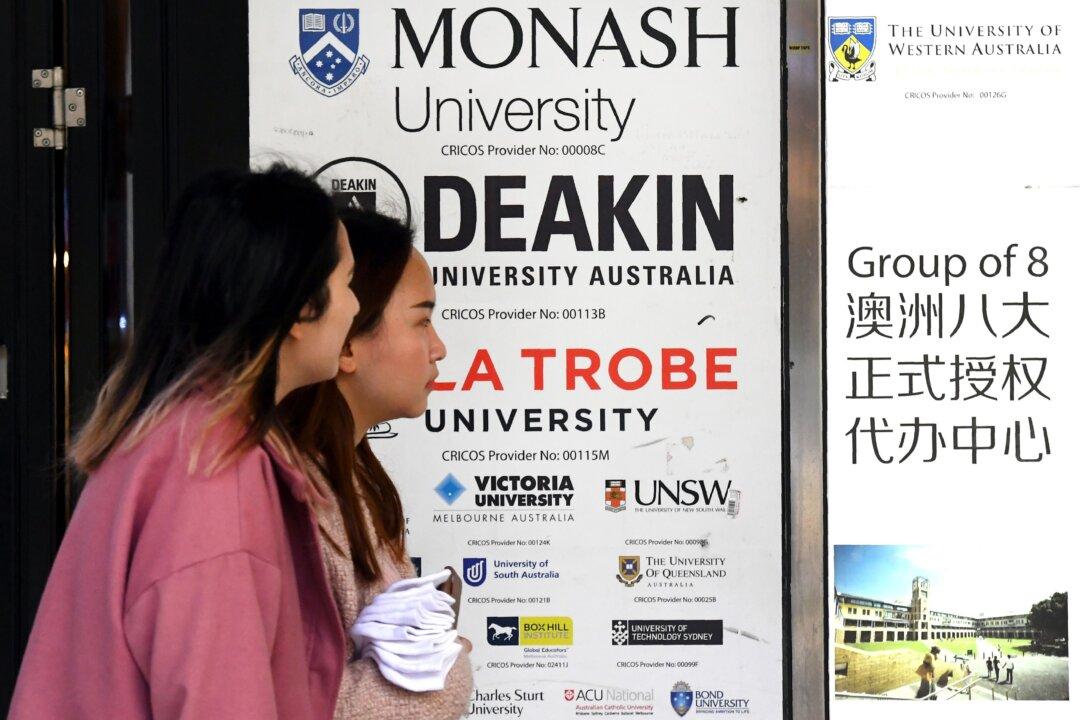Australia’s new Labor government has been urged to develop a new funding strategy, so universities do not depend on fluctuating and decreasing international student fees for research projects.
The new government needs to develop a comprehensive research funding strategy that shifts this dependency, said Alex Chevrolle, a director of international education provider Study Group Australia.




